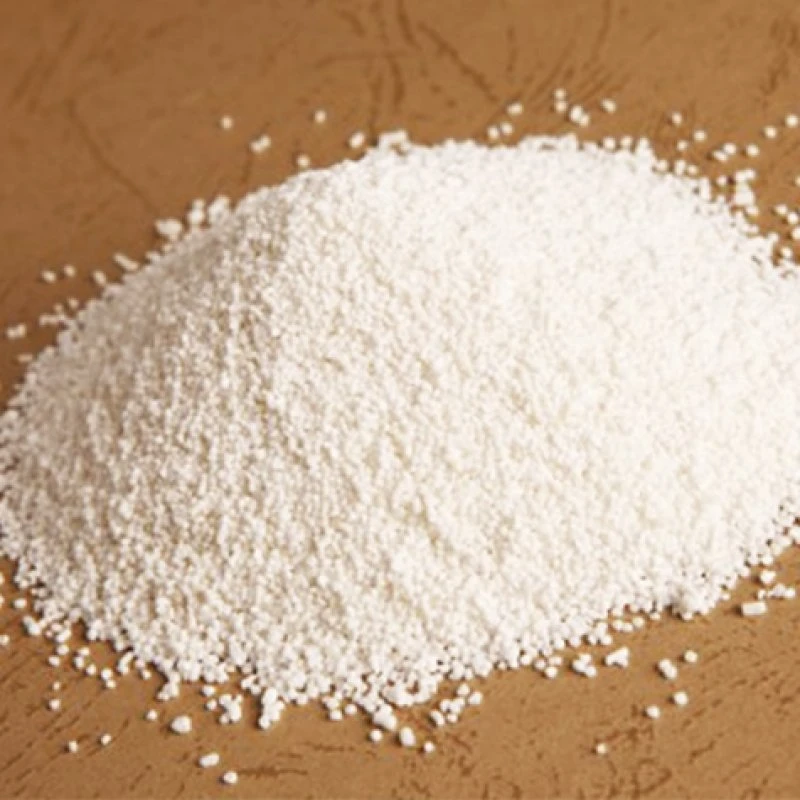



Monoammonium Sulfate Properties, Uses, and Applications in Agriculture and Industry
The Versatility and Applications of Monoammonium Sulphate
Monoammonium sulphate (MAS), represented chemically as NH4HSO4, is an inorganic compound that plays a crucial role across various sectors, particularly in agriculture and industry. Its unique properties make it an essential ingredient in fertilizers, food processing, and even in laboratory settings. This article explores the applications, benefits, and production methods of monoammonium sulphate, underlining its significance in modern practices.
Chemical Composition and Properties
Monoammonium sulphate is formed by the combination of ammonium ions (NH4+) and sulphate ions (SO4^2-). This white crystalline salt is highly soluble in water, making it an efficient source of nitrogen and sulphur for plant growth. The presence of both elements is vital for various physiological functions in plants, enhancing their overall growth, yield, and resilience against environmental stresses.
Agricultural Applications
The principal application of monoammonium sulphate lies in its use as a fertilizer. Its high nitrogen content (approximately 21%) provides a quick nutrient source for crops, promoting robust growth. Additionally, the sulphur content (around 24%) is essential, especially for crops that require significant amounts of this element, such as canola and other oilseed plants. Farmers often prefer MAS because it is less likely to cause nitrogen leaching compared to other nitrogen sources, making it environmentally friendly.
The availability of nitrogen in a readily assimilable form helps enhance amino acid synthesis and protein formation in plants. This is particularly beneficial during the early growth stages, ensuring that crops establish a strong foundation. Furthermore, the slow-release nature of monoammonium sulphate ensures that plants can utilize the nutrients over an extended period, increasing efficiency and reducing the need for frequent applications.
Industrial and Food Processing Uses
mono ammonium sulphate

Beyond its agricultural importance, monoammonium sulphate holds significant value in various industrial applications. In the food industry, it is often used as a food additive, recognized by its E number E517. MAS acts as a stabilizer and an acidity regulator, playing a role in enhancing the quality and shelf life of products. It is particularly useful in the production of certain baked goods, where it aids in dough conditioning.
In the laboratory and industrial processes, MAS is used in the purification of proteins, particularly in a technique called ammonium sulfate precipitation. This method is essential in biochemistry for separating proteins based on their solubility. By controlling the concentration of ammonium sulphate in a solution, scientists can selectively precipitate proteins, facilitating their subsequent analysis and usage.
Production Methods
The production of monoammonium sulphate can be achieved through several methods. One common method is the reaction between ammonia and sulphuric acid. This process yields MAS as a crystalline solid, which can then be dried and packaged for commercial use. Another method involves the neutralization of sulphuric acid with ammonium carbonate or ammonium hydroxide. These processes are generally efficient and produce high-purity monoammonium sulphate suitable for both agricultural and industrial applications.
Environmental Considerations
The use of monoammonium sulphate in agriculture is viewed favorably due to its efficiency and lower environmental impact compared to other fertilizers. With rising global concerns regarding soil health and environmental sustainability, MAS provides a balanced approach to fertilization. Its dual nutrient profile supports sustainable agricultural practices by reducing the need for multiple product applications and minimizing nutrient runoff.
Conclusion
Monoammonium sulphate is an invaluable compound with diverse applications ranging from agriculture to food processing and industrial uses. Its ability to supply essential nutrients in a readily available form has made it a preferred choice among farmers and industries alike. As sustainable practices continue to gain importance in today's society, the role of monoammonium sulphate in ensuring efficient nutrient delivery while minimizing environmental impact will only grow. This unique compound stands as a testament to the intersection of chemistry and practical application in enhancing productivity and sustainability.
-
Why Sodium Persulfate Is Everywhere NowNewsJul.07,2025
-
Why Polyacrylamide Is in High DemandNewsJul.07,2025
-
Understanding Paint Chemicals and Their ApplicationsNewsJul.07,2025
-
Smart Use Of Mining ChemicalsNewsJul.07,2025
-
Practical Uses of Potassium MonopersulfateNewsJul.07,2025
-
Agrochemicals In Real FarmingNewsJul.07,2025
-
Sodium Chlorite Hot UsesNewsJul.01,2025










